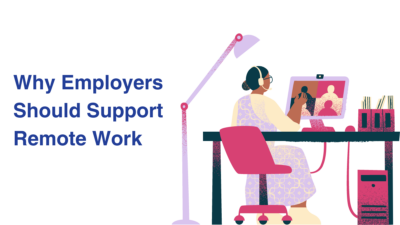 During National Disability Employment Awareness Month (NDEAM), it is important to understand the benefits of remote work for disabled job seekers and employees to create “Access to Good Jobs for All.”
During National Disability Employment Awareness Month (NDEAM), it is important to understand the benefits of remote work for disabled job seekers and employees to create “Access to Good Jobs for All.”
As a recent graduate of Davidson College and a physically disabled person with a passion for disability advocacy, my goal is to pursue a career focused on improving disability inclusion and accessibility within the workplace. My disorder, Acute Flaccid Myelitis (AFM), paralyzed me from the neck down in 2010. Although I regained the ability to walk, I still have paralysis in my arms and hands. Therefore, my disability impacts my ability to do everyday tasks such as getting dressed, washing and styling my hair, doing laundry, preparing meals, and getting from place to place. In 2019, I got my driver’s license after practicing for weeks at Shepherd Center in Atlanta, GA using their vehicle with accessibility modifications. However, I still do not have a car because the accessibility modifications will cost between $50,000-$60,000 — not including the vehicle itself!
Many individuals like me rely on public transportation or a family member, friend, or aide to drive them to work, especially since most places in the United States do not have adequate public transportation. Remote work can remove this access barrier to employment by greatly increasing access to jobs for disabled people who may struggle to get to a physical place of work. A common misconception exists that employers only need to provide reasonable accommodations for disabled employees that are specific to their work. According to the Job Accommodation Network (JAN), employers may be required to provide accommodations related to commuting “such as changing an employee’s schedule so [they] can access available transportation, reassigning an employee to a location closer to [their] home when the length of the commute is the problem, or allowing an employee to telecommute.” [continue reading…]



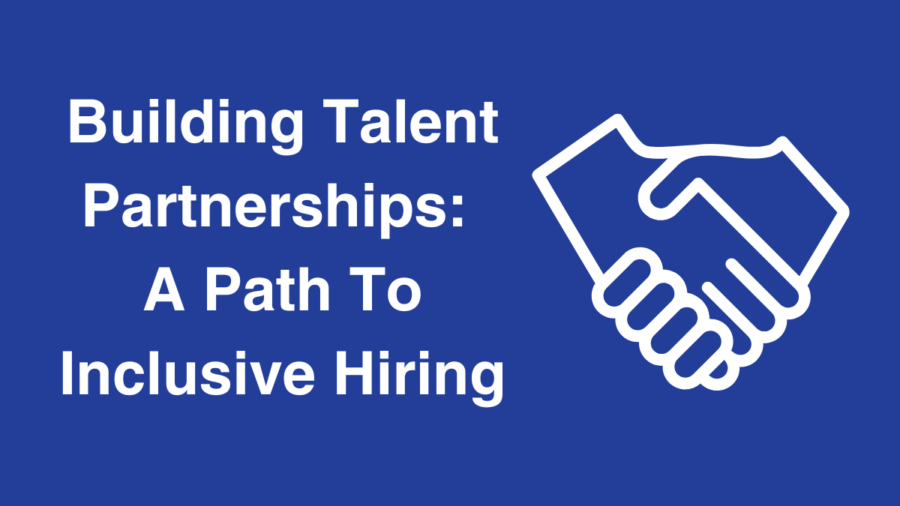
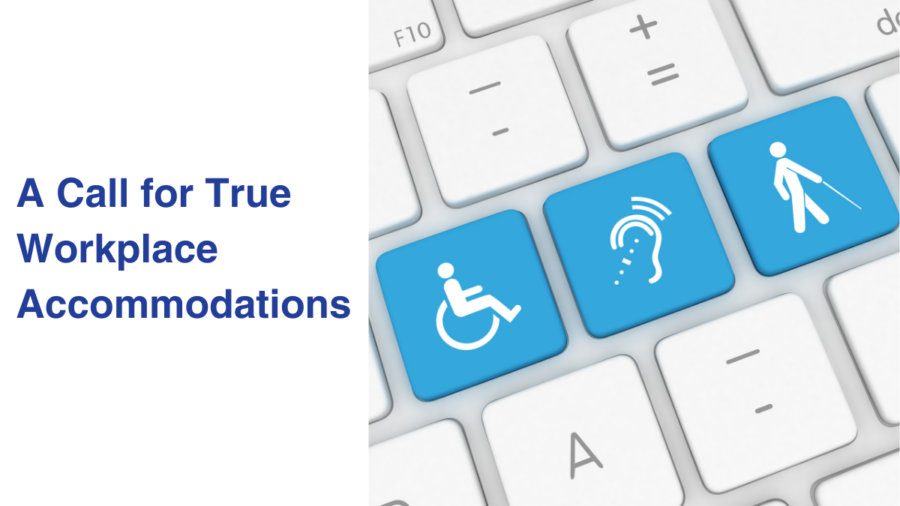
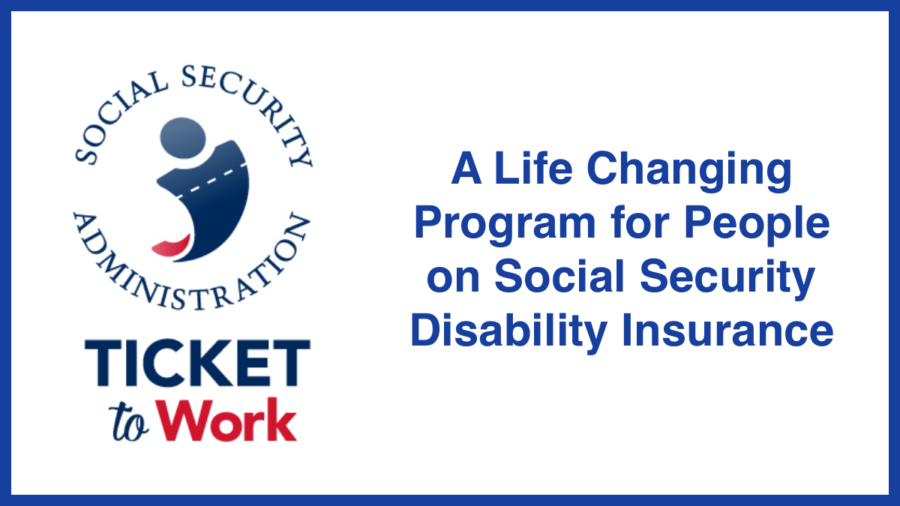
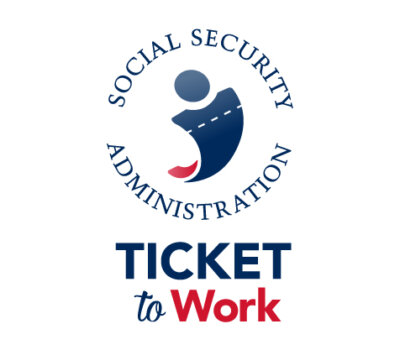 According to
According to 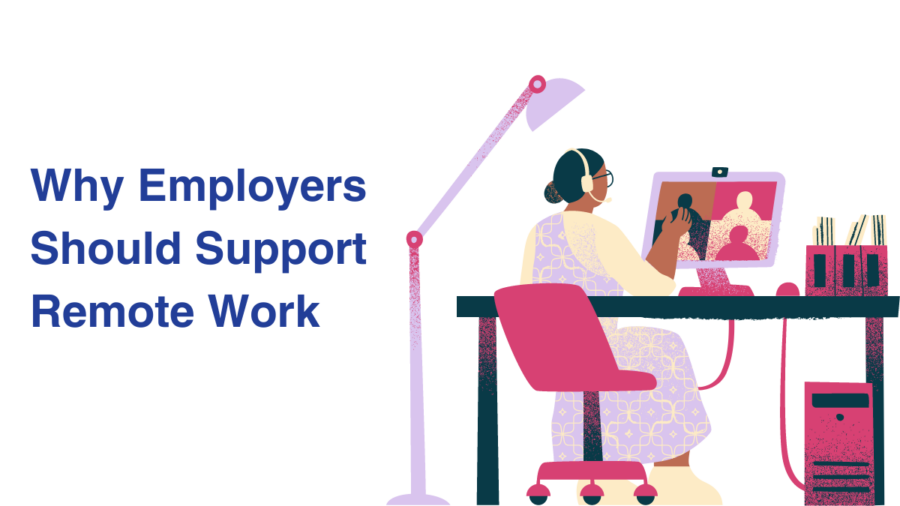
 During National Disability Employment Awareness Month (NDEAM), it is important to understand the benefits of remote work for disabled job seekers and employees to create “Access to Good Jobs for All.”
During National Disability Employment Awareness Month (NDEAM), it is important to understand the benefits of remote work for disabled job seekers and employees to create “Access to Good Jobs for All.”
 Over the past month, two of RespectAbility’s major workforce initiatives, the Building Better Futures initiative (BBFI) and our Enabling Economic Independence to Work program (EIW), made great strides forward.
Over the past month, two of RespectAbility’s major workforce initiatives, the Building Better Futures initiative (BBFI) and our Enabling Economic Independence to Work program (EIW), made great strides forward.

